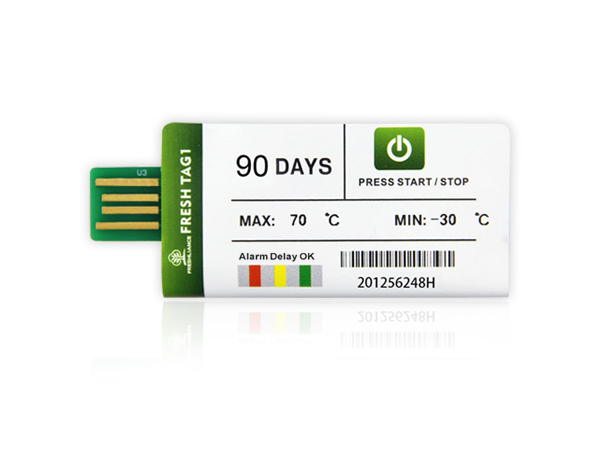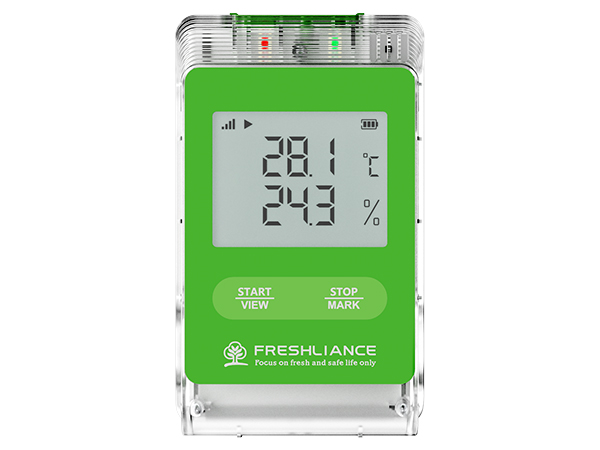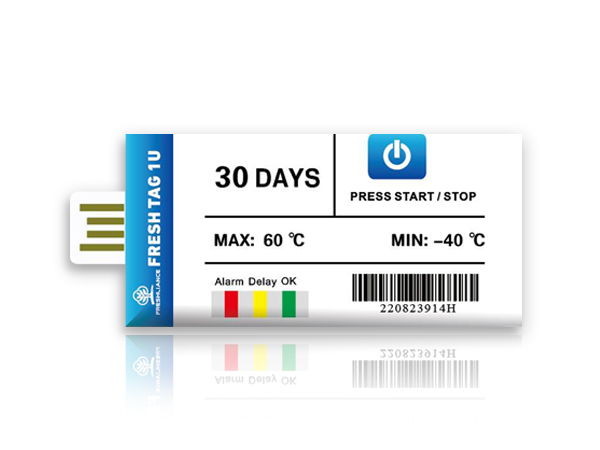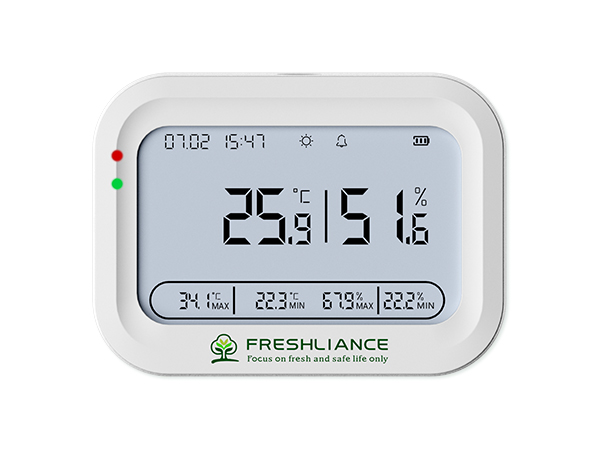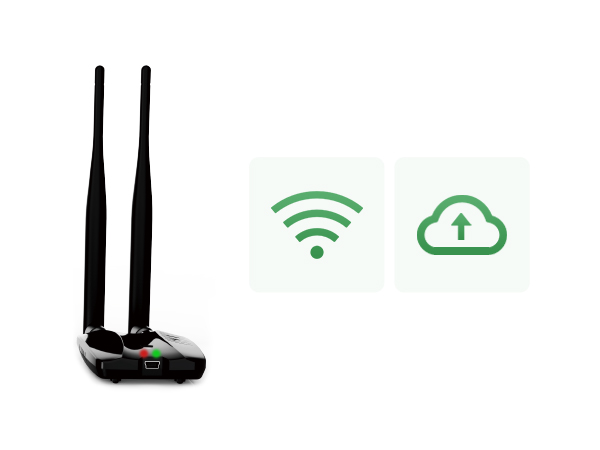Pre-cooling (rapid removal of the heat to which the fruit is subjected) must absolutely take place within two hours of harvesting. For example, strawberries kept at 10°C will have about a third of the shelf life of those quickly cooled to 0°C. Pre-cooling can be achieved by rapidly propelling cold air through the strawberry boxes (forced-air cooling). Ideally, strawberries (7 to 10 days), blueberries (2 to 4 weeks), raspberries and blackberries (2 to 5 days) should be stored at a temperature of 0°C and a relative humidity of 90 to 95%. Cranberries (2 to 4 months) are sensitive to cold and should be kept at 3°C. In general, shelf life is closely linked to the handling of berries during and after harvest. The highest freezing temperatures are -0.8°C for strawberries and blackberries, -0.9°C for cranberries, -1.1°C for raspberries and -1.3°C for blueberries. Generally speaking, berries with a high soluble solids content will be more resistant to frost. Berries are sensitive to temperature changes, so temperature monitoring is essential. The Fresh Tag 1 single-use USB temperature data logger is ideal for monitoring berry temperature during transport.
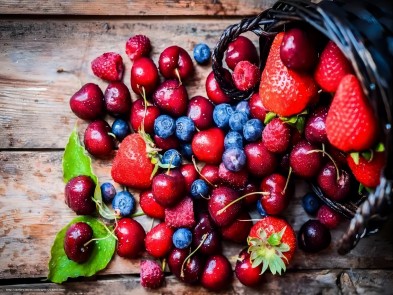
Fresh Tag 1 USB temperature data logger is the ideal choice for monitoring and recording temperature changes of sensitive products during transport. It's less expensive, comfortable to use and saves space. The integrated PDF file generation function enables data reports to be generated in non-editable PDF format by connecting the logger to a PC via the USB2.0 interface. We offer a variety of models with different functions, and the trip can be extended over 7, 15, 30, 60, 90, 120, or even 180 days to meet the specific needs of various applications. The products are made from food-grade packaging materials. They are compact, lightweight, watertight and widely used.
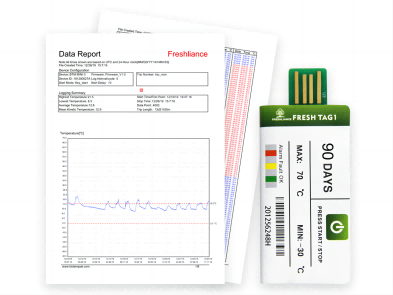

 English
English Español
Español Русский
Русский Français
Français Deutsch
Deutsch عربي
عربي 中文
中文